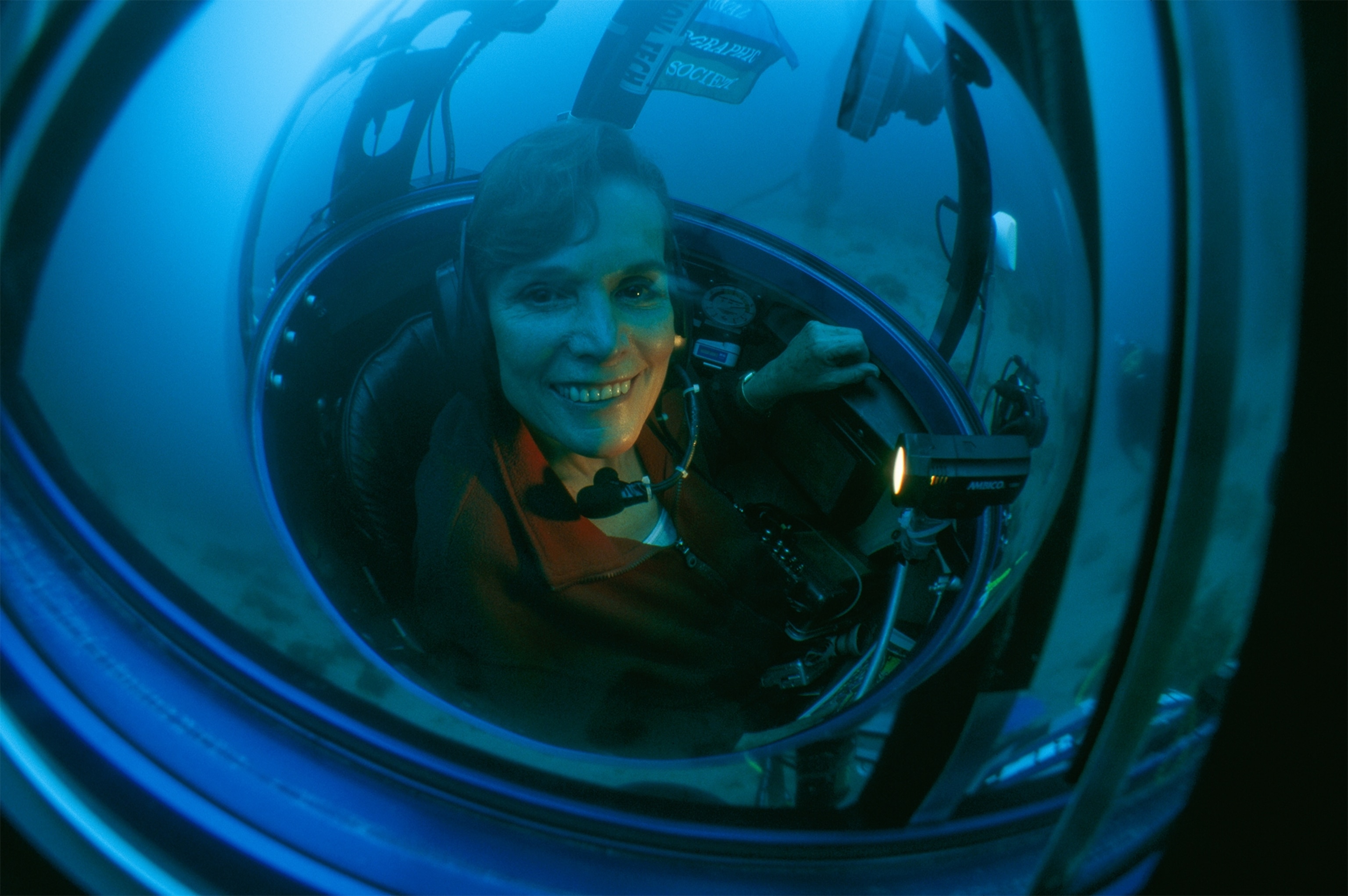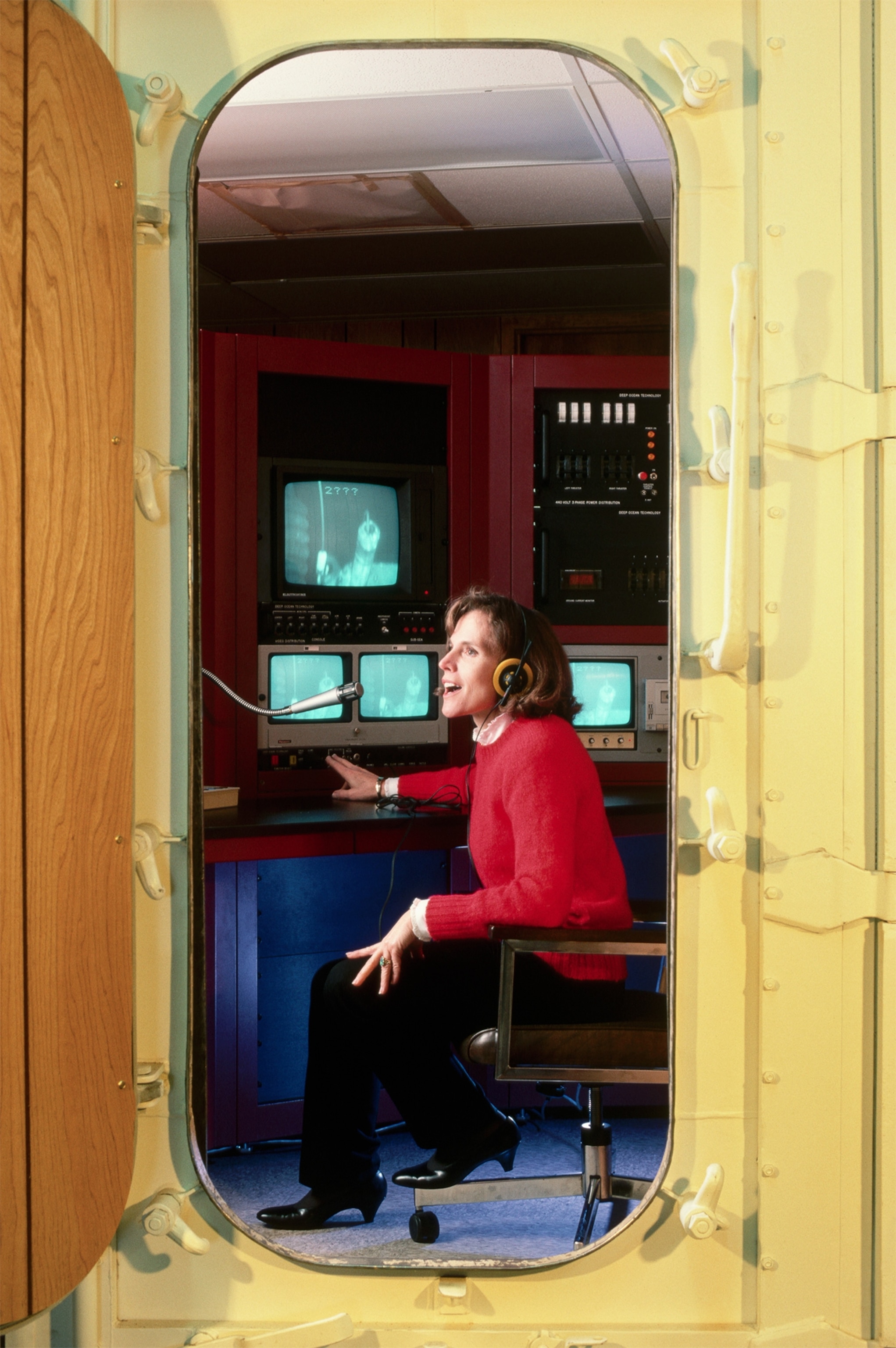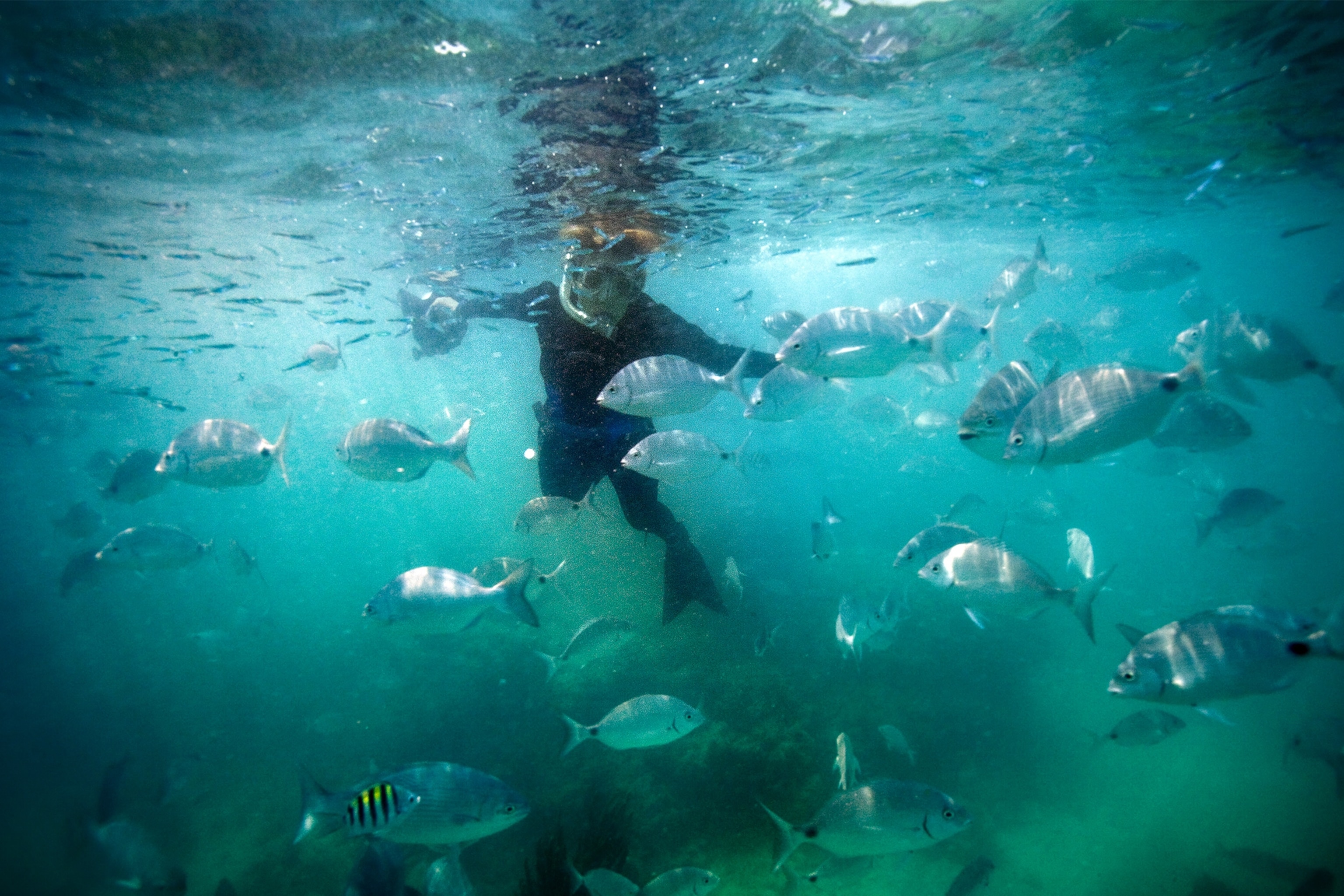Glamour Magazine Honors Ocean Explorer Sylvia Earle
The publication calls the ocean explorer a "legend" in its Women of the Year awards.
What do marine biologist Sylvia Earle, actress and comedian Mindy Kaling, and women's advocate Chelsea Clinton have in common? They will all receive awards tonight from Glamour magazine honoring women who have made history in 2014.
These "Women of the Year" represent top women across industries, from the "Explorer" to the "Women's Champion" and the "Lady Boss." In addition to being named the magazine's explorer of the year, Earle is also their lifetime achievement award recipient.
"She is the face of marine biology," says former vice president Al Gore in an interview with Glamour. "She has taken a lifetime to make herself an expert in a topic that is central to the future of human civilization."

Earle, a National Geographic Explorer-in-Residence, has had a storied career. Undaunted by a society that expected women to become nurses or flight attendants—never the doctor or pilot—Earle led the first team of women to live in an underwater habitat in 1970 as part of the Tektite Project. Submerged in 49 feet (15 meters) of water in Lameshur Bay on the island of St. John (map), the underwater station was dedicated to marine science research.
"The application for being a part of that didn't even bother to say that you had to be a man," says Earle, in a 2013 video interview, above. "It was clear this was for men only." (Learn "Why It's Crucial to Get More Women Into Science.")

"But the head of the program for the Tektite Project ... was philosophical about it—more than that, he was practical," Earle explains. "He said, 'Well, half the fish are female; I guess we could put up with a few women.'"
Earle has spent more than 7,000 hours underwater, and continues to spend several months each year on expeditions, even as her 80th birthday approaches.
Protecting the ocean from overfishing and environmental damage remains her passion, as Earle told National Geographic earlier this year when interviewed about a documentary made about her career, Mission Blue. "No ocean; no life. No ocean; no us," she said.

"Her Deepness," as Earle is sometimes called, was also a former chief scientist for the U.S. National Oceanic and Atmospheric Administration—the first woman to occupy the position. Earle was also awarded the Hubbard Medal—the National Geographic Society's highest honor—last year for her efforts in ocean conservation and exploration.
"There is no question about it that there is still a gender bias with compensation for equal performance, for selection to be in charge of various projects—it's just a part of our culture," Earle says. (Read more about the long history of gender bias in the sciences.)
Follow Jane J. Lee on Twitter.